In a new biography, Sheikh Abdullah: The Caged Lion of Kashmir, Chitralekha Zutshi builds a complex portrait of a key figure of India’s modern history. As Kashmir remains a contested question of territory and identity for its people, and India as a whole, Zutshi says there is significant continuity in Delhi’s approach towards the border region. Edited excerpts:
Sheikh Abdullah was not an intellectual in the manner Nehru was perhaps, but he created the notion of Kashmiri nationalism. Yet, he was unable to steer the course of the force he created. Is that the key argument of your book?
Yes, to an extent. He was the founder and creator of the idea of the Kashmiri nation. By the late 1930s he had come into contact with Nehru and other leaders, and he became very much a part of the Indian National Congress’s vision for the subcontinent, and attracted to it. He wanted Kashmiris to be free from political repression and economic exploitation. Not just for Muslims, but Hindus and Sikhs; all classes, castes and sects. But in creating this idea, he also sowed the seeds for the divisions that have plagued Kashmir ever since, because not everyone agreed with this notion. Between the Valley and Jammu, between Hindus and Muslims, fissures began to appear.
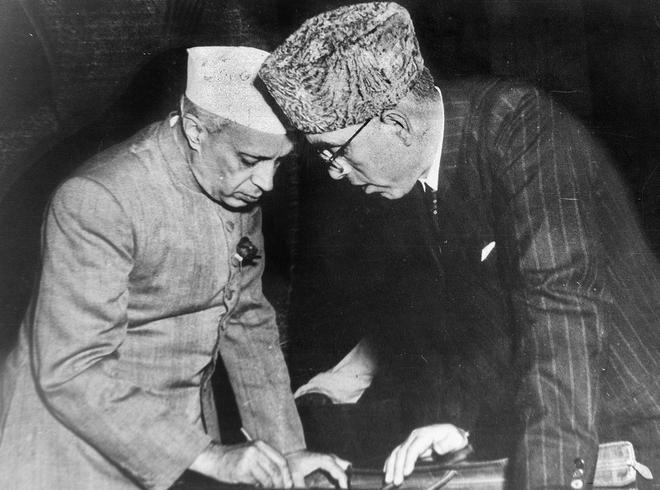
Was he trying to please everyone but ended up pleasing none?
In the 1940s, he was trying to have a Kashmiri movement, within the larger Indian nationalist framework. By the early 1950s he had soured on that idea. The people that he wanted to please the most, his primary constituency, always remained Muslims of the Valley. Those were his people, and he wanted his constituency to believe that he was still a devout Muslim, which he was. He wanted to make Nehru and the Congress leadership believe that he was a truly secular individual, which he also was. In the immediate post-colonial India or even in the 1940s it was a difficult act. He spoke in the Islamic idiom to his constituency. He was also inspired by Nehru and his socialism. And he was very uncomfortable with the Pakistan movement.
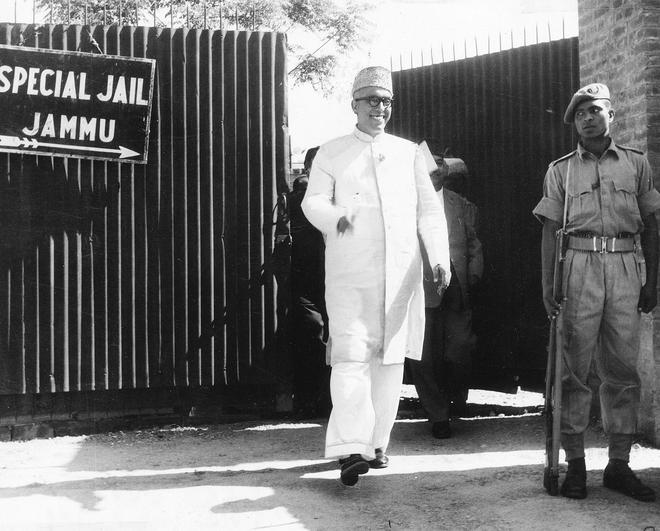
Do you think Abdullah was naive or tactless as a politician at crucial points?
For someone who had been in politics for so long, rubbed shoulders with people like Sardar Patel, Nehru, Kripalani and Jinnah, he appears naive at times. At crucial moments he was in prison, and away from the scene. When two nations were being born in 1947, he was in prison. During the 1964 India-China war, he was in prison, and when he came out, he held a meeting with the Chinese premier, triggering a huge controversy. Being in prison during crucial periods of history prevented him from seeing the big picture at times.
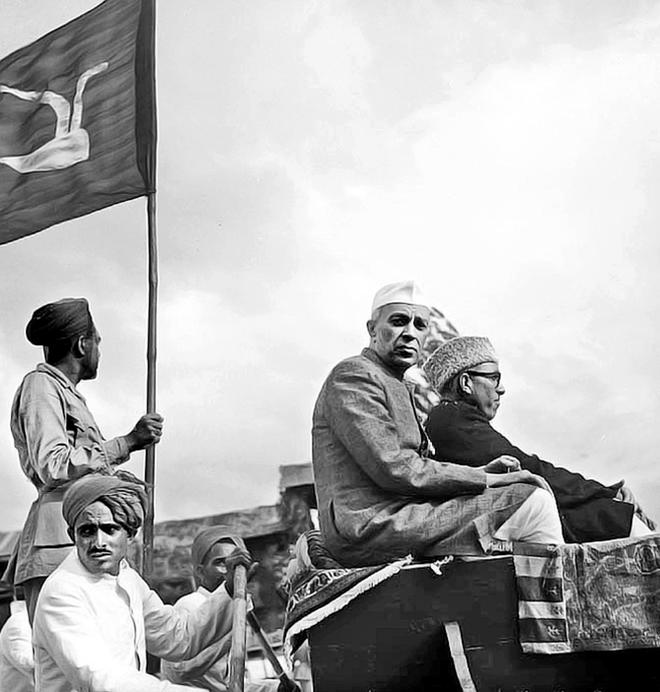
Would it be correct to say that Abdullah and Nehru had false expectations of each other vis-a-vis Kashmir?
Abdullah truly believed that Nehru would stand by him, but Nehru could only do so much. Discussions between both sides led to the Delhi Agreement of 1952, but both had different hopes from it. For Nehru, the Delhi Agreement was something that was meant to bring Kashmir closer to India; Abdullah did not want that impression among his supporters.
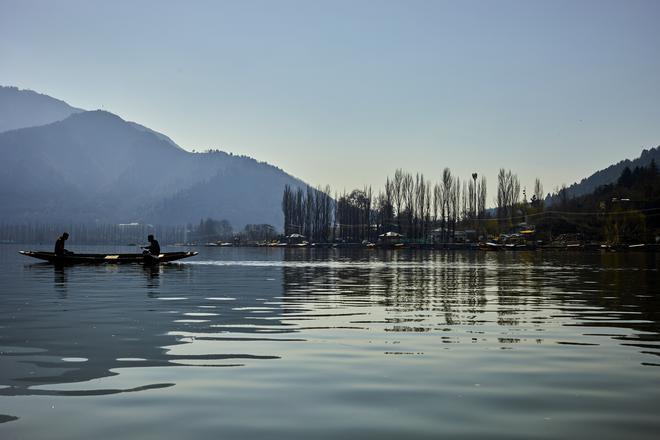
In 1975, there was another agreement between Abdullah and Indira Gandhi. What happened in the interim?
Nehru kept insisting that Abdullah implement the Delhi Agreement in full, which the latter began to see as a compromise of autonomy. He dragged his feet on its implementation; he refused to meet Nehru and then he was dismissed in August, 1953. The promises he had made to the people remained unrealised and his own regime resorted to political repression, turning on any voice of opposition against his own regime but against India as well. He stifled any anti-India voices. But his repeated incarceration by the Indian government helped him preserve his legitimacy among Kashmiri nationalists. The agreement between Indira Gandhi and Abdullah largely reiterated the Delhi Agreement and Article 370. There is nothing really new there, his image was tarnished forever in Kashmir with that.
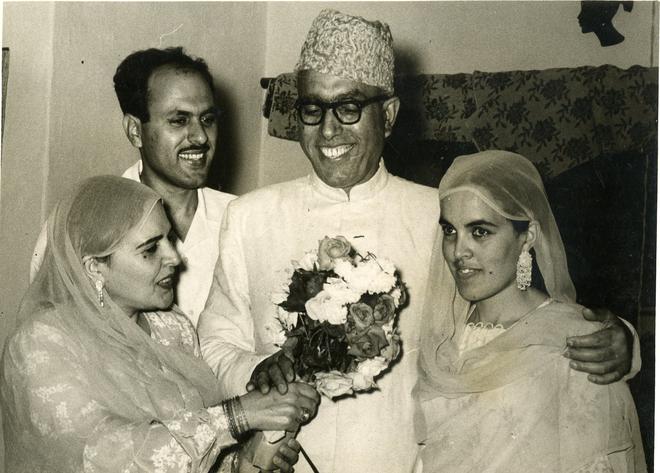
Do you think personal ambition got the better of him?
Besides, personal ambitions, his age and health were also factors. His family too put pressure on him to make compromises. Indira Gandhi was all powerful and Pakistan was defeated in the war. All these factors possibly influenced his decision.
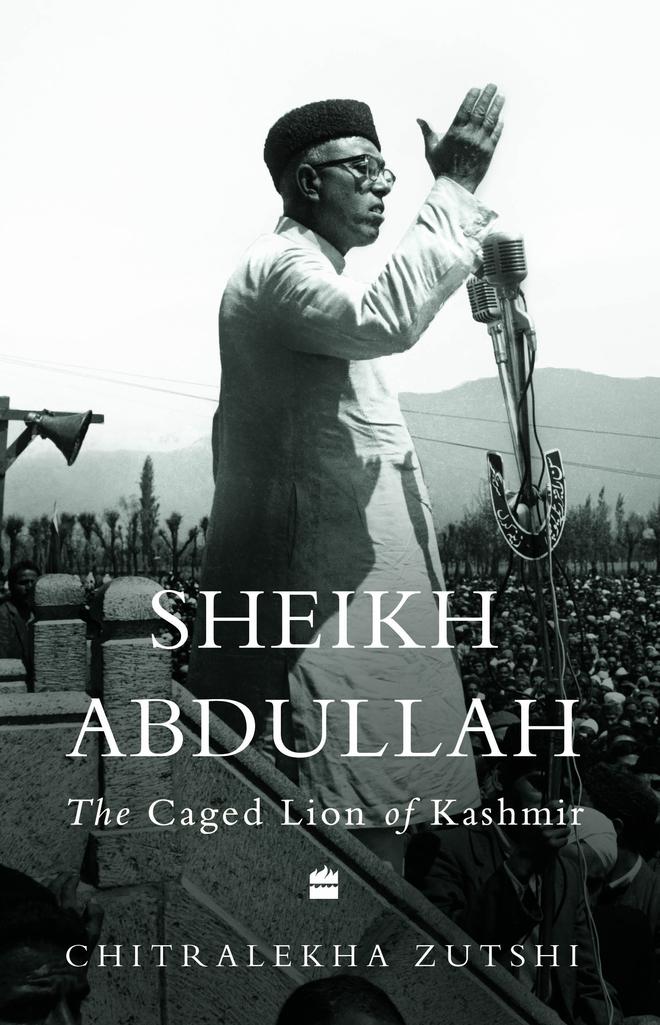
The national parties, Congress and the Bharatiya Janata Party, have always pushed for deeper integration, seen in the policies of Nehru, Indira Gandhi and Narendra Modi...
Absolutely. What happened to Article 370 in 2019 was the culmination in some ways of Delhi’s relationship with Kashmir and the gradual dismantling of the State’s claims. It wasn’t something that came out of the blue. It was very much along the lines of what has been happening in Kashmir since 1947.

Sheikh Abdullah: The Caged Lion of Kashmir; Chitralekha Zutshi, Fourth Estate/HarperCollins, ₹799.
varghese.g@thehindu.co.in

.png?w=600)





